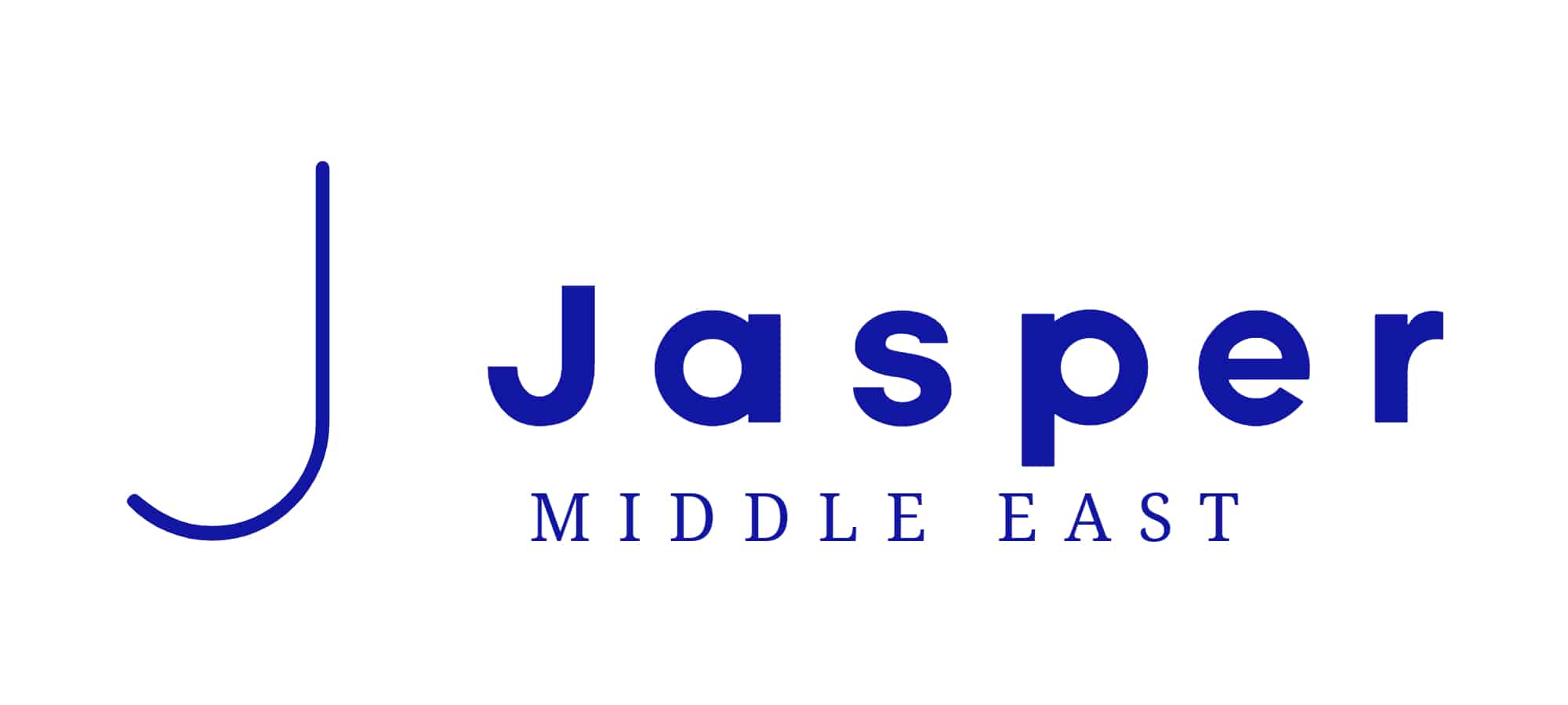In today’s competitive job market, having a standout CV is crucial to securing your dream job. But where do you start? Crafting a compelling curriculum vitae that effectively showcases your skills and experience can be a daunting task. That’s why we’ve created the ultimate guide on how to write a CV that will grab employers’ attention and land you your dream job. Whether you’re a recent graduate entering the workforce or an experienced professional looking to take the next step in your career, our comprehensive guide will provide you with the tools and strategies you need to create a CV that stands out from the crowd. From choosing the right format and highlighting your achievements to optimizing your CV for applicant tracking systems and nailing the cover letter, we’ll walk you through each step of the process. Get ready to impress hiring managers with a CV that showcases your unique talents and sets you apart from the competition.

The Importance of a Well-Written CV
A well-written CV is the key to making a great first impression on potential employers. It serves as a snapshot of your qualifications, skills, and experience, giving hiring managers a glimpse into what you can bring to the table. A poorly written CV, on the other hand, can quickly land your application in the reject pile.
Your CV is essentially a marketing tool that highlights your strengths and convinces employers that you are the best candidate for the job. It should be clear, concise, and tailored to the specific role you are applying for. A well-structured CV can help you stand out from the competition and increase your chances of landing an interview.
To ensure your CV makes a positive impact, it’s important to understand its purpose and what employers are looking for. By taking the time to research and tailor your CV to the job, you can effectively showcase your skills and experience in a way that resonates with potential employers. Let’s dive into the details of each section of your CV and explore how to make them shine.
Understanding the Purpose of a CV
Before you start writing your CV, it’s crucial to understand its purpose and what employers are looking for. A CV, short for curriculum vitae, is a document that provides an overview of your education, work experience, skills, and achievements. Its primary goal is to convince employers that you are a qualified candidate for the job.
Employers typically spend a short amount of time reviewing each CV, so it’s important to make a strong impression from the start. Your CV should highlight your most relevant skills and experience, and effectively communicate why you are the best fit for the role. By understanding the purpose of a CV, you can tailor your content to meet the expectations of potential employers and increase your chances of success.
Researching and Tailoring Your CV to the Job
One of the most important steps in writing a CV is researching the job you are applying for and tailoring your content accordingly. By understanding the specific requirements and preferences of the employer, you can ensure that your CV stands out and aligns with their expectations.
Start by carefully reviewing the job description and identifying the key skills and qualifications that the employer is looking for. Highlight these keywords and incorporate them into your CV where relevant. This will not only help your CV pass through applicant tracking systems (ATS), but also demonstrate to the employer that you have the necessary skills and experience for the role.
Additionally, research the company culture and values to get a better understanding of what they are looking for in a candidate. This can help you tailor your CV to match their expectations and showcase your fit within the organization.
Structuring Your CV for Maximum Impact
The structure of your CV plays a crucial role in how effectively it communicates your skills and experience to potential employers.
- Contact Information: Include your full name, address, city, state, email address, and phone number. Make sure this information is accurate and up-to-date.
- Objective or Summary: Provide a concise statement about your career objective or a brief summary of your key qualifications, skills, and experiences.
- Education: List your educational qualifications in reverse chronological order. Include the degree name, major/field of study, name of the institution, location, and year of graduation.
- Work Experience: Detail your relevant work experiences in reverse chronological order. Include the job title, company/organization name, location, and dates of employment. Provide a description of your responsibilities, achievements, and contributions in each role.
- Skills: Highlight your relevant skills and abilities. This section can include technical skills, language proficiency, software knowledge, and any other skills that are relevant to the job you’re applying for.
- Achievements/Awards/Certifications: List any notable accomplishments, awards, or certifications that showcase your expertise and dedication.
- Projects (optional): Include any significant projects you’ve worked on, detailing your role, contributions, and outcomes.
- Volunteer Experience (optional): If applicable, mention any volunteer work you’ve done, specifying the organization, location, and dates of your involvement.
- References (optional): Include references if the job application specifically requires them. Otherwise, you can write “References available upon request.”
Remember to prioritize the most relevant information and place it at the top of each section. This ensures that the most important details are immediately visible to potential employers and increases your chances of grabbing their attention.
Writing a Compelling Personal Statement
Your personal statement, also known as a professional summary or career objective, is a brief paragraph at the beginning of your CV that highlights your key skills, experience, and career goals. It serves as an introduction to your CV and should immediately grab the attention of potential employers.
When writing your personal statement, focus on your unique selling points and what sets you apart from other candidates. Highlight your most relevant skills, achievements, and qualifications, and explain how they align with the requirements of the job.
Keep your personal statement concise, typically around 2-3 sentences, and avoid generic statements that could apply to any candidate. Instead, tailor it to the specific role and demonstrate your enthusiasm and passion for the industry.
Highlighting Your Skills and Achievements
The skills section of your CV is where you can showcase your specific abilities and demonstrate why you are the best fit for the job. This section should be tailored to the specific role and highlight the skills that are most relevant to the position.
Start by identifying the key skills and qualifications that the employer is looking for, and make sure to include them in your CV. Use bullet points to list your skills and provide examples of how you have applied them in previous roles or projects.
In addition to your hard skills, such as technical abilities or language proficiency, don’t forget to include your soft skills. These are the personal qualities and attributes that make you a valuable team member, such as communication skills, problem-solving abilities, and leadership qualities.
When highlighting your achievements, focus on quantifiable results and specific examples. This helps potential employers understand the impact you have made in previous roles and demonstrates your ability to deliver results.
Including Relevant Work Experience and Education
The work experience section of your CV is where you can showcase your professional background and demonstrate your ability to succeed in the role. Start by listing your most recent or current position first, and work backward in reverse chronological order.
For each role, include the job title, company name, dates of employment, and a brief description of your responsibilities and achievements. Focus on the accomplishments and results you have achieved, rather than simply listing your day-to-day tasks.
If you are a recent graduate or have limited work experience, don’t worry. You can still highlight relevant internships, volunteer work, or extracurricular activities that demonstrate your skills and dedication.
Similarly, the education section of your CV should highlight your academic qualifications and any relevant certifications or courses you have completed. Include the name of the institution, degree obtained, and dates of study.
Showcasing Your Qualifications and Certifications
In addition to your work experience and education, it’s important to showcase any relevant qualifications and certifications that you have obtained. This can include industry-specific certifications, professional development courses, or licenses that are relevant to the job.
List your qualifications and certifications in a separate section of your CV, and include the name of the certification, the issuing organization, and the date obtained. If you have multiple certifications, prioritize the most relevant ones for the job you are applying to.
By showcasing your qualifications and certifications, you demonstrate your commitment to continuous learning and professional development. This can make you a more attractive candidate to potential employers and increase your chances of landing an interview.
Incorporating Keywords for ATS Optimization
Many employers use applicant tracking systems (ATS) to manage and filter the large volume of CVs they receive. These systems scan CVs for specific keywords and phrases that are relevant to the job, and rank candidates based on how well their CV matches the job requirements.
To optimize your CV for ATS, it’s important to incorporate relevant keywords throughout your content. Start by carefully reviewing the job description and identifying the key skills and qualifications that the employer is looking for. Use these keywords in your CV where relevant, particularly in the skills and achievements sections.
However, it’s important to strike a balance between optimizing your CV for ATS and making it human-readable. Avoid keyword stuffing or using irrelevant keywords, as this can harm your chances of success. Focus on creating a well-written and compelling CV that effectively showcases your skills and experience.
Formatting and Proofreading Your CV
The formatting and presentation of your CV can greatly impact its readability and overall impression. A well-formatted CV not only looks professional, but also demonstrates your attention to detail and organizational skills.
Choose a clean and professional font, such as Arial or Calibri, and use a font size between 10 and 12 points. Use headings and subheadings to clearly separate each section of your CV, and ensure that the formatting is consistent throughout.
Pay attention to the overall layout and spacing of your CV. Use bullet points to break up blocks of text and make it easier to read. Keep your sentences concise and avoid lengthy paragraphs.
Proofread your CV carefully for spelling and grammar errors. Typos and mistakes can create a negative impression and harm your chances of success. Consider asking a friend or family member to review your CV for a fresh pair of eyes.
Creating a Professional CV Design
While the content of your CV is the most important aspect, the design and layout also play a role in making a positive impression. A professionally designed CV can help you stand out from the competition and grab the attention of potential employers.
Start by choosing a clean and professional template that is easy to read. Avoid using overly complex designs or excessive graphics that can distract from the content.
Use a consistent color scheme throughout your CV, and consider using a splash of color to highlight important information, such as headings or key achievements. However, be cautious not to overdo it and keep the design professional and clean.
Consider using visual elements, such as icons or graphs, to showcase your skills or achievements. This can help make your CV visually appealing and reinforce your qualifications.
Remember that the design should enhance the readability of your CV, not overshadow the content. Keep it simple and professional, and ensure that the design does not detract from the key information.
CV Writing Mistakes to Avoid
When writing your CV, there are several common mistakes that you should avoid. These mistakes can undermine the effectiveness of your CV and harm your chances of success.
First, avoid including irrelevant or outdated information. Focus on showcasing the most relevant skills, experience, and qualifications that are directly related to the job you are applying for.
Second, be cautious about including personal information that is not relevant to the job. While it’s important to provide contact details, avoid including unnecessary personal information, such as your marital status or date of birth.
Third, avoid using clichés or generic statements that could apply to any candidate. Instead, focus on highlighting your unique selling points and what sets you apart from other candidates.
Finally, be mindful of the length of your CV. While it’s important to include all relevant information, keep it concise and avoid lengthy paragraphs or unnecessary details. A well-structured and concise CV is more likely to grab the attention of potential employers.
Conclusion
Writing a CV that will land you your dream job requires careful planning, research, and attention to detail. By understanding the purpose of a CV, tailoring your content to the job, and showcasing your skills and achievements, you can create a CV that grabs employers’ attention and sets you apart from the competition.
Remember to optimize your CV for applicant tracking systems, proofread it carefully for errors, and create a professional design that enhances readability. Avoid common CV writing mistakes and utilize available resources and services to help you craft a compelling CV that stands out.
With our ultimate guide on how to write a CV, you have all the tools and strategies you need to create a CV that impresses hiring managers and lands you your dream job. Good luck!
About the Author

Ritu Bhatnagar is a seasoned recruiter with over 15 years of experience in the industry. She founded her own recruitment agency, Jasper Middle East, which specializes in placing top talent in diverse industries. It has offices in UAE and India. Ritu is passionate about connecting businesses with the best talent available and has built a reputation for providing high-quality service. When she’s not recruiting, Ritu can be found exploring her love for fitness and practicing yoga.
